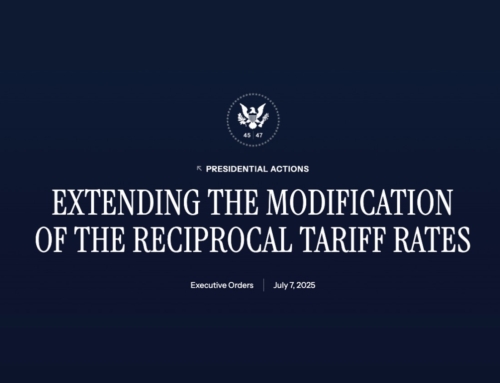Since December 21st, the Federal Maritime Commission (FMC) has granted seven emergency waivers to container lines, allowing for the rapid implementation of surcharges on ocean freight tariffs, bypassing the customary 30-day notice period. These surcharges aim to offset the increased operational costs incurred by ocean carriers diverting from the Suez Canal due to persistent attacks on commercial shipping in the Red Sea.
While aimed at covering the additional expenses of extended transits around southern Africa, the surcharges vary significantly, ranging from $150 to $2,700 per standard dry container. Such discrepancies have raised concerns among shippers regarding the fairness of these charges and the potential for carriers to overcompensate.
During a recent hearing convened by the FMC, representatives from industry associations expressed concerns about the potential financial impact on retailers and urged the commission to scrutinize new fees more closely. They emphasized the need for transparency and accountability in the fee assessment process.
In response, the FMC acknowledged the necessity for carriers to recover higher operating costs but stressed the importance of justifiability and accountability in fee imposition. They cautioned against arbitrary fee structures and emphasized the importance of clearly defined charges with specified termination dates.
Representatives from the World Shipping Council highlighted the complexity of decisions facing carriers amidst the rerouting of ships. They noted the challenges in accurately calculating costs and ensuring fairness to all parties involved.
Concerns were also raised about the lack of review or oversight in the approval process for surcharge waivers, particularly regarding their potential impact on smaller volume shippers.
As discussions continue, stakeholders caution against potential port congestion on the U.S. West Coast if disruptions persist. They emphasize the need for reasonable, targeted, and transparent rate adjustments to mitigate the impact on shippers.
Acknowledgment of ocean carriers’ efforts to adapt to the situation has been noted, but calls for greater transparency in fee structures persist.
Stay up-to-date on freight news with Green’s Weekly Freight Market Update by following us on Facebook, Instagram, and LinkedIn. For continuous updates, make sure to check out our website at greenworldwide.com.






